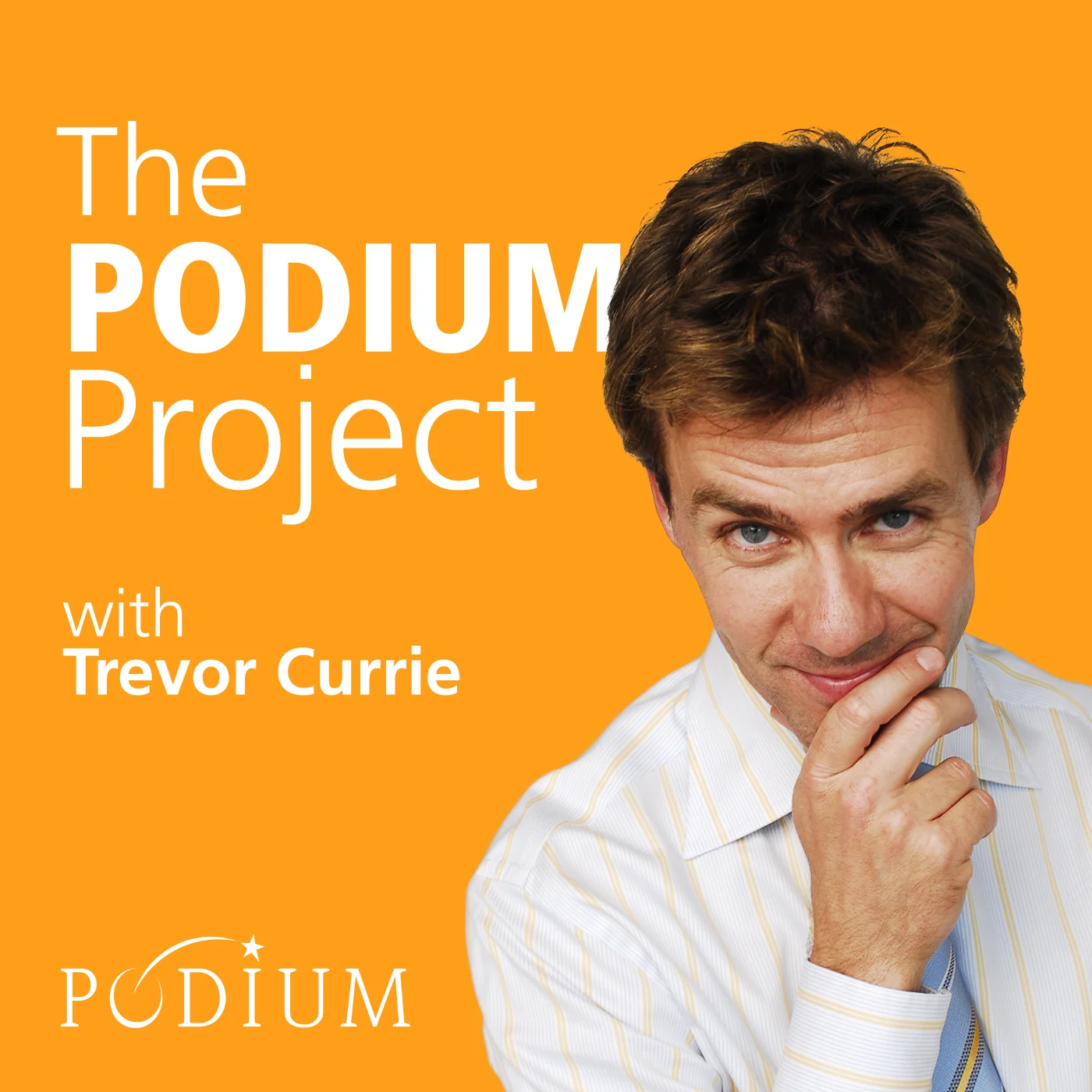In Episode 2, host Trevor Currie and producer Karen Ward talk about habituation and why it's so important to change things up if you want to keep your audience's interest and attention.
Listening Notes:
| 1:04 | Trevor shares the definition of habituation and how it relates to speaking well. |
| 1:55 | Karen asks about the various ways speakers can fight against habituation so they can keep their audiences engaged. |
| 2:45 | Trevor talks about Jeffery Toobin, an American lawyer, author and legal analyst for CNN and The New Yorker, and how he mixes things up during an interview on NPR's Fresh Air. |
| 3:42 | Karen shares her reflections on the radio program This American Life and why it is such a good example of how to fight habituation when you speak and tell stories. |
| 4:36 | Trevor talks about Radio Lab, another radio program, and how they fight against habituation by using different voices, pacing and sound effects. |
| 5:35 | Trevor talks about the importance of planning your content in a way that prompts you to use a different element of your voice or approach to delivery. |
| 6:53 | Karen asks if there are contexts when it doesn’t make sense to switch it up too much when you’re speaking. |
| 9:11 | Trevor clarifies that fighting habituation is not about trying to be an actor. It’s about being yourself and planning your content so you naturally change your inflection, delivery and pace. |
| 10:22 | Trevor talks about how nerves can lead speakers to speak more formally and technically and become “tight”. This often translates to habituation – and a bored, disengaged audience. |
| 11:17 | Trevor shares his best habituation-fighting tips. |
| 14:28 | Trevor suggests David Pogue’s TED Talk as a great example of an animated, anti-habituation presentation. |
| 15:52 | Trevor reminds us that variety is the spice of life. Add some to your presentation! |



